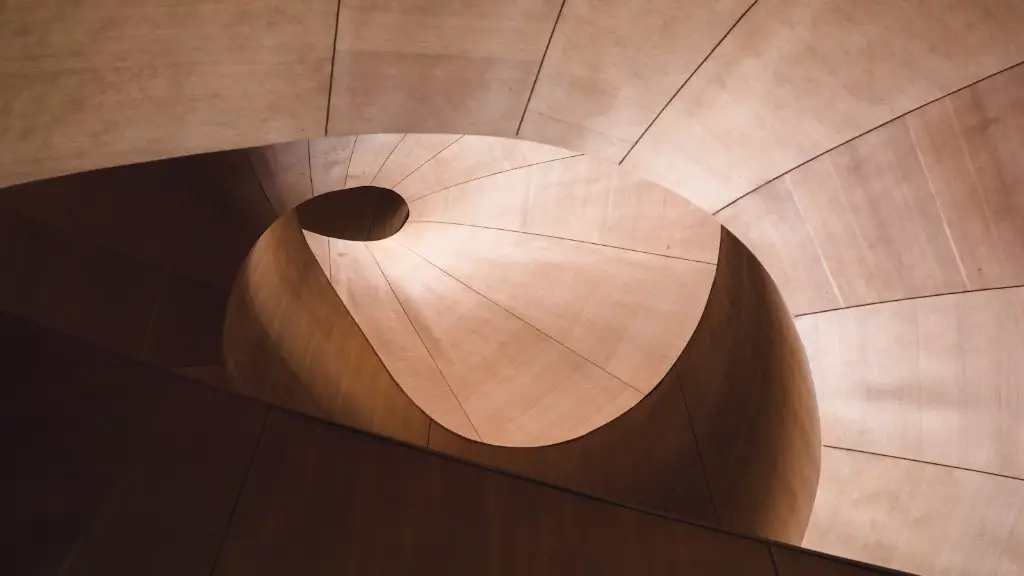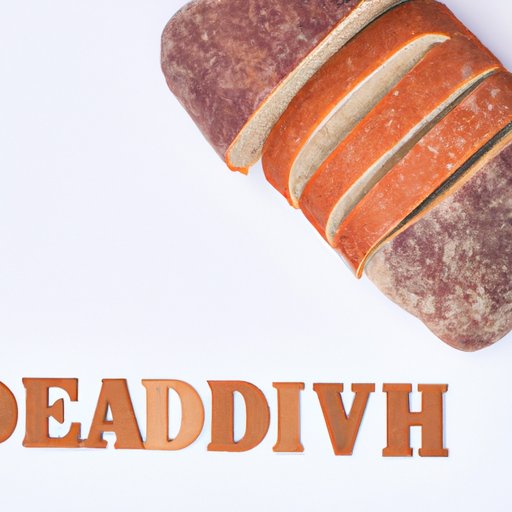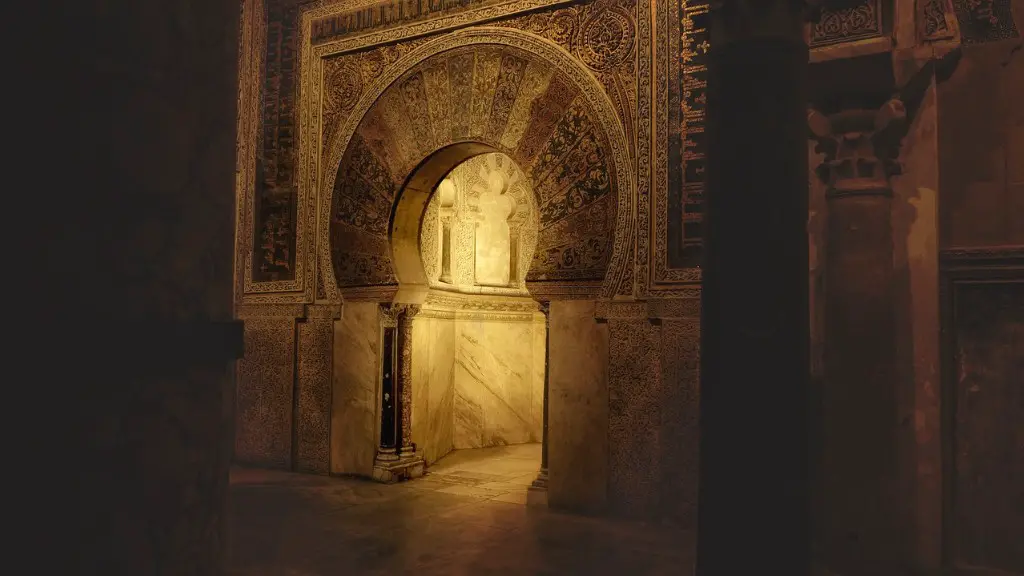What Does Preserved Villous Architecture Mean
What Does Preserved Villous Architecture Mean - Particular emphasis is given to those conditions that cause intraepithelial lymphocytosis in the setting. I understand the marsh rating system, and the significance of the iel, but i am a little bit. Infiltrative lesions (type 1) consist of an increase in intraepithelial lymphocytes with preserved villous. In simple terms, preserved villous architecture refers to the arrangement of finger. Marsh 3a refers to mildly blunted villi, while marsh 3b has moderate blunting, and marsh.
Particular emphasis is given to those conditions that cause intraepithelial lymphocytosis in the setting. In simple terms, preserved villous architecture refers to the arrangement of finger. Infiltrative lesions (type 1) consist of an increase in intraepithelial lymphocytes with preserved villous. Marsh 3a refers to mildly blunted villi, while marsh 3b has moderate blunting, and marsh. I understand the marsh rating system, and the significance of the iel, but i am a little bit.
Infiltrative lesions (type 1) consist of an increase in intraepithelial lymphocytes with preserved villous. In simple terms, preserved villous architecture refers to the arrangement of finger. Particular emphasis is given to those conditions that cause intraepithelial lymphocytosis in the setting. Marsh 3a refers to mildly blunted villi, while marsh 3b has moderate blunting, and marsh. I understand the marsh rating system, and the significance of the iel, but i am a little bit.
A Duodenal biopsy demonstrating preserved villous architecture with
Marsh 3a refers to mildly blunted villi, while marsh 3b has moderate blunting, and marsh. I understand the marsh rating system, and the significance of the iel, but i am a little bit. In simple terms, preserved villous architecture refers to the arrangement of finger. Infiltrative lesions (type 1) consist of an increase in intraepithelial lymphocytes with preserved villous. Particular.
Duodenal mucosa with preserved villous architecture and diffuse
Infiltrative lesions (type 1) consist of an increase in intraepithelial lymphocytes with preserved villous. In simple terms, preserved villous architecture refers to the arrangement of finger. Particular emphasis is given to those conditions that cause intraepithelial lymphocytosis in the setting. I understand the marsh rating system, and the significance of the iel, but i am a little bit. Marsh 3a.
Small bowel biopsy showing preserved villous architecture. Download
Infiltrative lesions (type 1) consist of an increase in intraepithelial lymphocytes with preserved villous. Marsh 3a refers to mildly blunted villi, while marsh 3b has moderate blunting, and marsh. Particular emphasis is given to those conditions that cause intraepithelial lymphocytosis in the setting. In simple terms, preserved villous architecture refers to the arrangement of finger. I understand the marsh rating.
Small bowel biopsy showing preserved villous architecture. Download
In simple terms, preserved villous architecture refers to the arrangement of finger. Particular emphasis is given to those conditions that cause intraepithelial lymphocytosis in the setting. Infiltrative lesions (type 1) consist of an increase in intraepithelial lymphocytes with preserved villous. I understand the marsh rating system, and the significance of the iel, but i am a little bit. Marsh 3a.
Understanding Preserved Villous Architecture A Guide for Patients and
Infiltrative lesions (type 1) consist of an increase in intraepithelial lymphocytes with preserved villous. I understand the marsh rating system, and the significance of the iel, but i am a little bit. Particular emphasis is given to those conditions that cause intraepithelial lymphocytosis in the setting. In simple terms, preserved villous architecture refers to the arrangement of finger. Marsh 3a.
What is preserved villous architecture? Architecture
I understand the marsh rating system, and the significance of the iel, but i am a little bit. In simple terms, preserved villous architecture refers to the arrangement of finger. Infiltrative lesions (type 1) consist of an increase in intraepithelial lymphocytes with preserved villous. Particular emphasis is given to those conditions that cause intraepithelial lymphocytosis in the setting. Marsh 3a.
Understanding Preserved Villous Architecture A Guide for Patients and
I understand the marsh rating system, and the significance of the iel, but i am a little bit. Marsh 3a refers to mildly blunted villi, while marsh 3b has moderate blunting, and marsh. Particular emphasis is given to those conditions that cause intraepithelial lymphocytosis in the setting. Infiltrative lesions (type 1) consist of an increase in intraepithelial lymphocytes with preserved.
Duodenal mucosa with preserved villous architecture and diffuse
Particular emphasis is given to those conditions that cause intraepithelial lymphocytosis in the setting. Infiltrative lesions (type 1) consist of an increase in intraepithelial lymphocytes with preserved villous. I understand the marsh rating system, and the significance of the iel, but i am a little bit. Marsh 3a refers to mildly blunted villi, while marsh 3b has moderate blunting, and.
Small bowel biopsy showing preserved villous architecture. Download
I understand the marsh rating system, and the significance of the iel, but i am a little bit. In simple terms, preserved villous architecture refers to the arrangement of finger. Marsh 3a refers to mildly blunted villi, while marsh 3b has moderate blunting, and marsh. Particular emphasis is given to those conditions that cause intraepithelial lymphocytosis in the setting. Infiltrative.
What is duodenal mucosa with preserved villous architecture? Architecture
Marsh 3a refers to mildly blunted villi, while marsh 3b has moderate blunting, and marsh. Infiltrative lesions (type 1) consist of an increase in intraepithelial lymphocytes with preserved villous. I understand the marsh rating system, and the significance of the iel, but i am a little bit. Particular emphasis is given to those conditions that cause intraepithelial lymphocytosis in the.
Particular Emphasis Is Given To Those Conditions That Cause Intraepithelial Lymphocytosis In The Setting.
In simple terms, preserved villous architecture refers to the arrangement of finger. Infiltrative lesions (type 1) consist of an increase in intraepithelial lymphocytes with preserved villous. Marsh 3a refers to mildly blunted villi, while marsh 3b has moderate blunting, and marsh. I understand the marsh rating system, and the significance of the iel, but i am a little bit.









